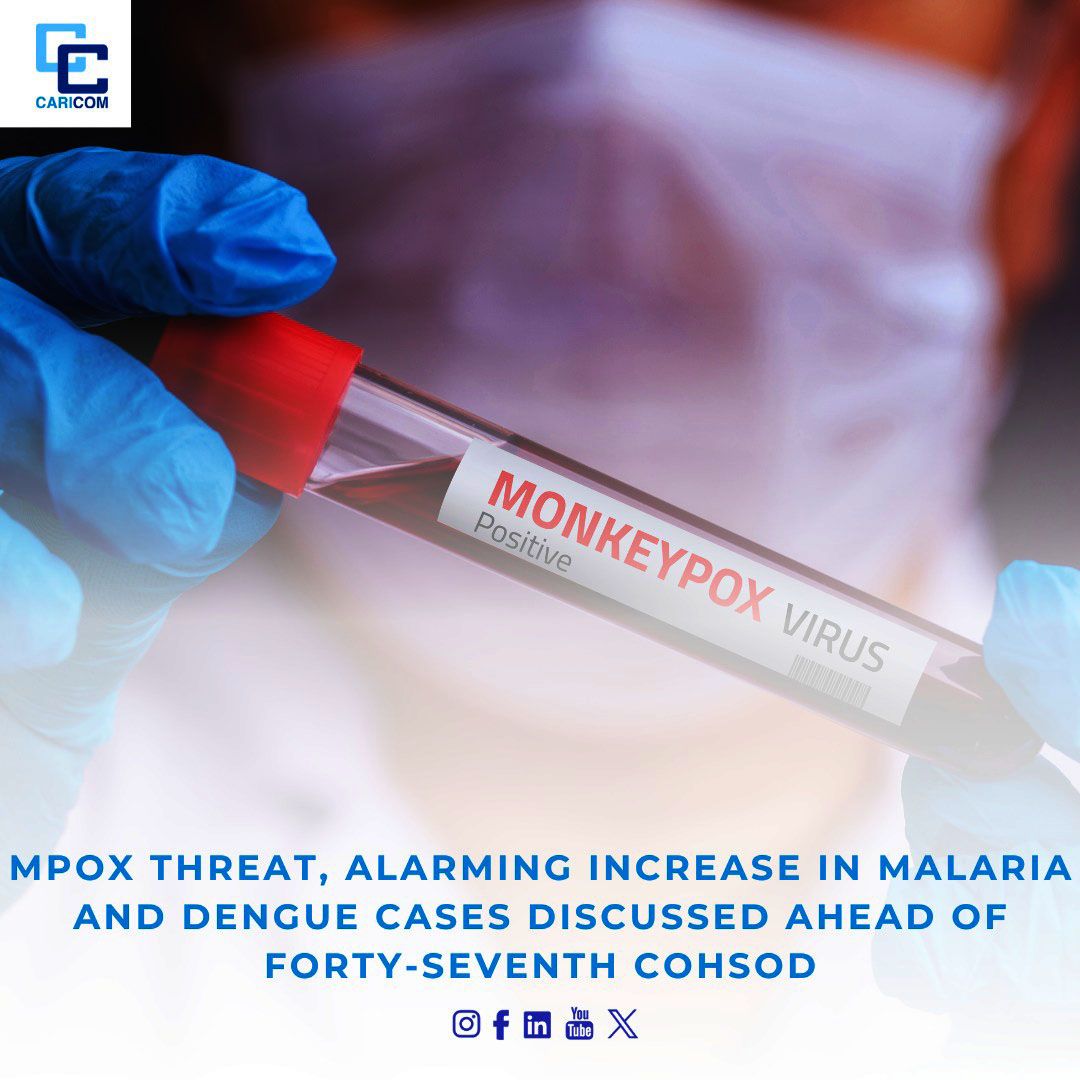-health sector programme manager
Lifestyle diseases account for around 76% of deaths in Caricom.
This is according to Tamara Bobb, Programme Manager, Health Sector Development Programme at the CARICOM Secretariat.
A release yesterday from CARICOM said that matters pertaining to the Port-of-Spain Declaration on Non-communicable Diseases (NCDs) were among the priority issues discussed at the Meeting of Officials preparatory to the Forty-Seventh Meeting of the Council for Human and Social Development (COHSOD) – Health, held virtually on 11 September 2024. Crime and violence as a public health issue, regional health security, human resources for health and disease surveillance were among other issues addressed.
“NCDs continue to be among the leading causes of mortality and morbidity in the Caribbean,” Bobb stated.
“Approximately 76% of all deaths in the Region are caused by NCDs”, she said. She also advised that the incidence of crime and violence has increased in the Region, leading to its declaration by Heads of Government as a public health issue in 2023.
The Programme Manager highlighted an increase in the incidence of endemic infectious diseases, including Dengue and Malaria. In addition, she noted that Member States have been advised to remain vigilant to the threat of Mpox, which was declared a public health emergency of international concern by the WHO in August 2024.
Bobb also underscored the impact of Hurricane Beryl on CARICOM Member States. She referred to the devastation in Grenada and, St. Vincent and the Grenadines, and the significant setbacks to the respective health systems. “Events such as these are only expected to intensify due to the effects of climate change,” stated Bobb.
The Meeting was convened under the chairmanship of Dr. Andy St. Hilaire, Officer-in- Charge, Office of the Chief Medical Officer, Dominica. Chief Medical Officers, national health officials and representatives from regional institutions and bodies, including the Caribbean Public Health Agency (CARPHA), the Caribbean Disaster Emergency Manage-ment Agency (CDEMA), the Human Resources for Health Caribbean Commission and the Regional Nursing Body, were in attendance. Regional and international partners, the Global Fund and Pan American Health Organization (PAHO)/World Health Organisation (WHO), also participated.





